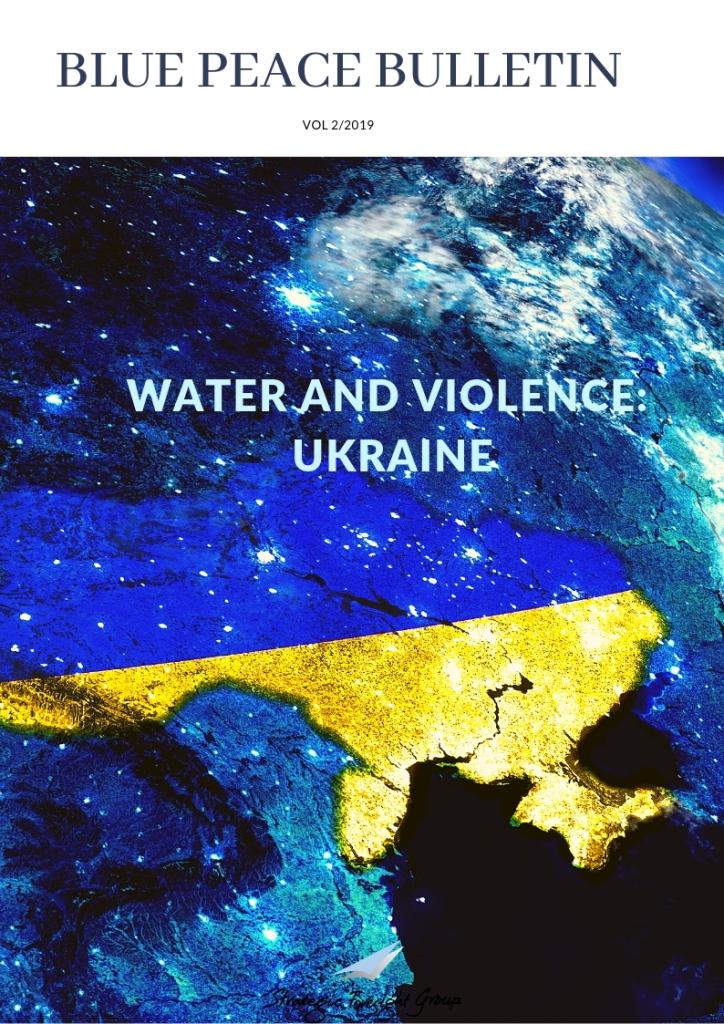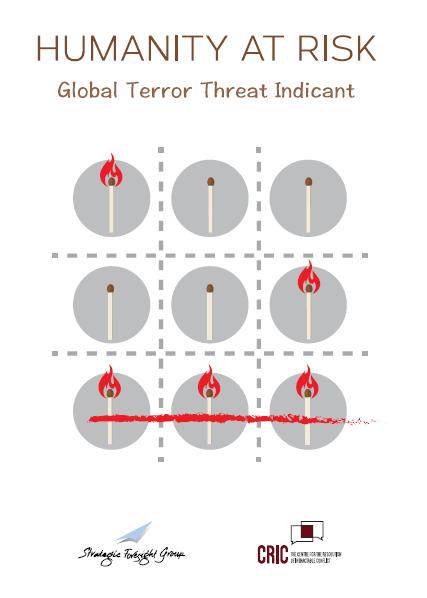Iraq Determines The Fate Of Afganistan
|
|
December, 2009
By Gitanjali Bakshi
|
It has been suggested by many analysts that after the initial efforts in Afghanistan, put forward by Operation Enduring Freedom, US focus on the Middle East, particularly Iraq, detracted from efforts to fight the Taliban and the insurgency along the Af-Pak border. As a result the Taliban was able to re-group and strengthen its foothold not just in Afghanistan but in the tribal administered areas of Pakistan as well. Several years later, the issues in Iraq still remain largely unsettled and even forebode a treacherous path ahead for US foreign policy.
If Iraq continues to be a challenge in the next two years, it will pose a similar dilemma for the Obama administration as it did for the Bush administration in the past �€“ a dilemma of scattered resources in the larger Asian continent and slow progress on both fronts of the �€˜war against terror�€™. If however Iraq is able to emerge from its sectarian divides and regional differences then political accord and a hiatus of violent conflict in the post-Saddamist state will give the US an opportunity to address the longstanding security issues in Afghanistan.
The largest indicator of things to come will be the Iraqi national elections in 2010.
Recent attacks and bomb blasts in the capital Baghdad presage a bleak situation for the stated national elections. Three separate truck bombs in August, October and December, targeting government buildings and killing over 300 people have dealt a heavy blow to the credibility and competence of Iraq�€™s security forces. But more importantly, these major attacks offer an insight into the inextricable link between the social and political situation in the country.
The attacks came at a time when Iraq was deciding the political fate of its three distinct communities �€“ Shiites, Sunnis and Kurds - through its highly controversial election law. The newly revised election law received several setbacks in recent months and created much disagreement between Iraq�€™s different parties. The main issue of contention was its inability to represent Sunni and Kurdish interests and several analysts have suggested that the recent rise in violence can be attributed to this discontent.
In the case of the election law, the main point of disagreement was the allocation of seats. Sunnis were extremely unhappy with their continued political marginalization after the 2003 US invasion. A majority of the 2 million refugees that fled the country after the 2003 war and the subsequent sectarian uprisings were Iraqi Sunnis and these refugees or �€˜outside voters�€™ wanted more seats and adequate representation in the new election law. The Kurdish provinces were also fighting for a larger share of political autonomy and were dissatisfied with the meager 3 seat rise that they received in Iraq�€™s new 323 seat parliament. Ninevah and Basra province in comparison received a 12 and 8 seat rise respectively. Iraqi Kurds have had a longstanding struggle for independence and a larger share of seats would have ensured them greater autonomy and even a possible sway over the contested oil rich city of Kirkuk.
The call to revise the election law was also based on the distribution of political power amongst these three communities. According to the earlier law Shiites had an inequitable command over the decision-making process - the total number of parliamentary seats stood at 275, out of which Shiite parties represented 132 seats in the December 2005 parliamentary elections (138 seats being the majority). Now the new election law focuses more on determining the degree of power that Iraq�€™s Kurdish and Sunni elements will have in the future. Too much autonomy awarded to Iraq�€™s Kurdish and Sunni communities might divide the country along sectarian lines, while too little autonomy will alienate these communities and consequently lead to militant uprisings as we have seen in recent months.
The security outcome of Iraq�€™s national elections, set for March 7th 2010, will once again depend upon the division of political power among these three groups. If the elections are able to adequately represent all of Iraq�€™s interested parties, the chances for violence will decrease considerably. Consequently Obama�€™s scheduled reduction of 50,000 troops in August 2010 will be plausible and this will alleviate the pressure on US security operations in West Asia, allowing for a more focused effort in Afghanistan and even Pakistan. If, however, Iraq is unable to reach an innovative solution to its socio-political dilemma in the coming year, then tensions could result in heightened violence once again, forcing the United States to maintain a vigilante and substantial presence in Iraq. This in turn will compromise efforts to regain stability in Afghanistan.
Since his ascent into office President Obama has expressed his intentions to close the front in Iraq and focus on Afghanistan. However, it seems as though the US occupation was founded on the intention to democratize Iraq and the US pull-out will only be possible once this goal is adequately achieved.
Related Publications
Related latest News
Related Conferences Reports
-

P5 Experts Roundtable on Nuclear Risk Reduction
Download:Geneva Roundtable Report
-

Roundtable on Global Security and Catastrophic Risks
Download:Report on RT revise





